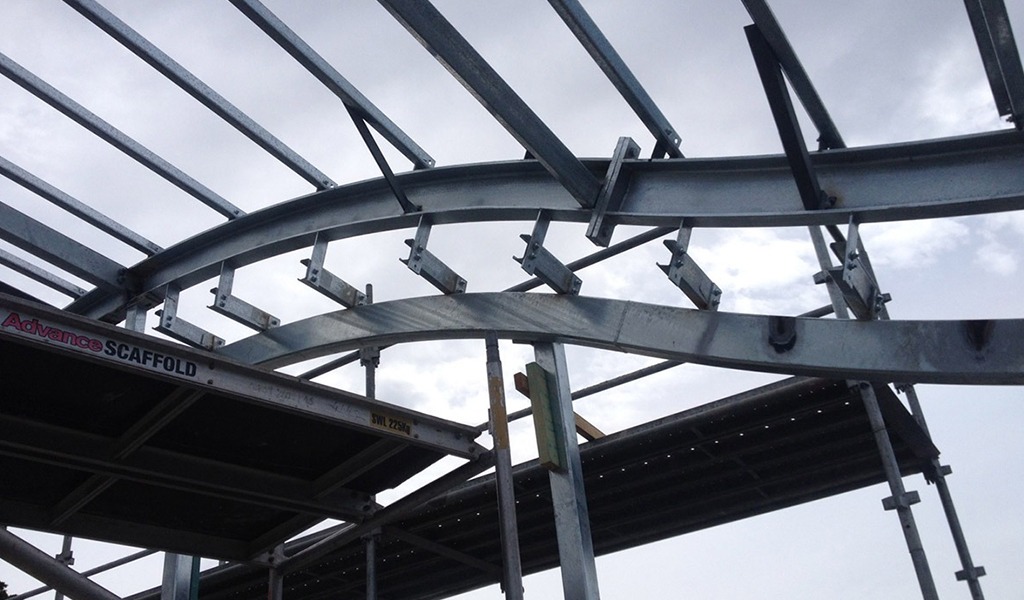As our name suggests, Steel Fabrication Services specialise in complete, cost-effective steel fabrication solutions. However, we pride ourselves in having extensive knowledge of other forms of metalworking, including the various types of ferrous and non-ferrous metals in the market.
So what are ferrous and non-ferrous metals, and what are their important properties? Read on to find out.
What is the difference between ferrous and non-ferrous metals?
The main and most definite difference between ferrous and non-ferrous metals is that ferrous metals contain iron while non-ferrous metals do not. However, it should also be noted that both types have their own distinctive properties which determine the applications that each metal is most suited for. While Non-ferrous metals have been used since the beginning of civilisation, such as copper and bronze, it wasn’t until about 1,200 BC when iron production became more frequent.
Ferrous metals
Ferrous metals are more prominently used in the construction and manufacturing industries. Some examples of ferrous metals and their applications include:
Stainless steel: Stainless steel is one of the most durable of the ferrous metals due to its ability to self-heal. Stainless steel is extremely heat and corrosion-resistant, and its durability offers a life-long value and a diverse number of applications.
Carbon steel: Carbon steel is of the hardest steels due to higher carbon content, and is often used in the manufacturing of machine tools, drills, and blades.
Wrought iron: Wrought iron is another durable member of the ferrous metals family. Wrought iron is an alloy with very little carbon content. Wrought iron is particularly resistant to corrosion and oxidation and is commonly used in chains, barbed wires, and railings.
Non-ferrous metals
The lack of iron in non-ferrous metals gives a number of distinctive qualities such as high malleability and resistance to rust and corrosion. Some examples of non-ferrous metals and their applications include:
Aluminium: Aluminum is a particularly lightweight metal, making it great in many applications such as cooking utensils, tin cans and even automobiles.
Copper: Copper is highly malleable and has high conductivity. As such, it is used heavily in the electrical industry.
Zinc: Zinc is known for having a very low melting point, and is often used in galvanising, or applying a protective coating to iron or steel to prevent rusting.
At Steel Fabrication Services, we guarantee competitive rates, builders trade prices and fast turnarounds, and pride ourselves on being one of the most experienced steel fabricators in Sydney. We proudly supply services for residential, industrial, commercial, retail sectors in Sydney and regional NSW.
You can rest assured knowing that steel is the best choice when it comes to your metalworking projects, providing long-term, consistent performance. If you need quality steel that is fabricated to suit your unique needs, contact Steel Fabrication Services today. Our team of expert structural steel fabricators have the experience and knowledge to answer any of your questions and will ensure that you find the best solution to suit your needs. To contact us today, simply call, fax, email or drop by our Brookvale location.
